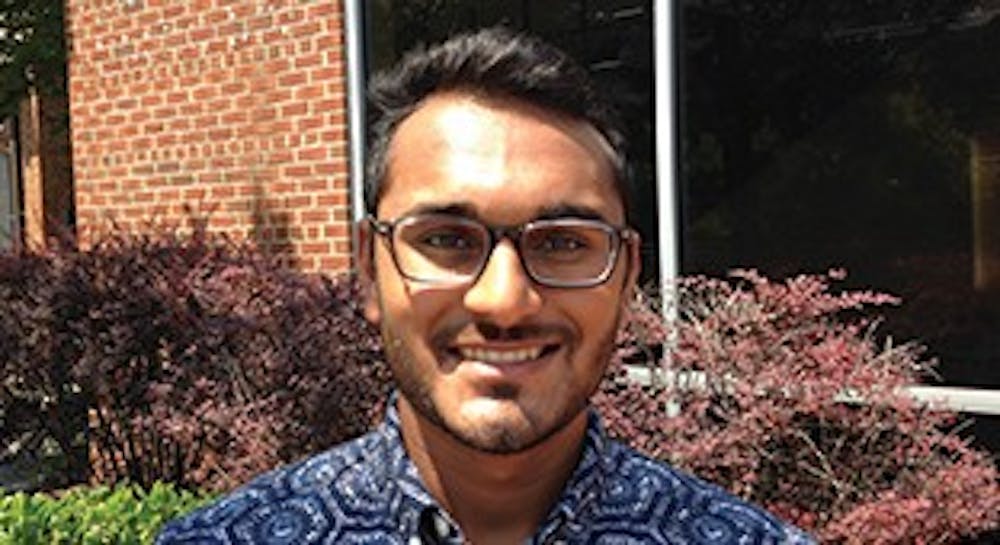“Do you live here?” exclaimed the police officer who had pulled into our driveway and interrupted my and my brother’s basketball game. A few minutes earlier, I had climbed onto the trash bin to fix the insect screen that had fallen off the nearest window. The sight of a 12-year-old brown boy atop a trash bin in a white neighborhood must have raised the suspicion of the neighbors.
The officer was shielding himself from behind his car door, and his hand was hovering over his holster. He continued to question us: What were you doing? Why were you on top of the trash can? Why were you fixing the insect screen? Do you really live here?
We were overcome with a sense of fear and numbness as we proceeded to answer his questions. We felt unsafe. In our own driveway.
Years later, and I still wonder whether our neighbors would have called the police if I were a white boy atop a trash bin.
I wonder whether the police officer would have felt threatened by our presence had our skin been white, not brown. I wonder whether the officer would have pulled the trigger had our skin been Black, not brown.
I grew up navigating a world of black and white as a brown boy in post-9/11, rural America.
From an early age, I learned that the mantra of life, liberty and happiness was a false hope, one that failed to encapsulate the politics of my melanin.
“Don’t talk to the neighbors,” warned my father. “They think we are terrorists.”
“You can’t come up here,” taunted my white schoolmates from atop the playground structure. “Your skin is brown.”




